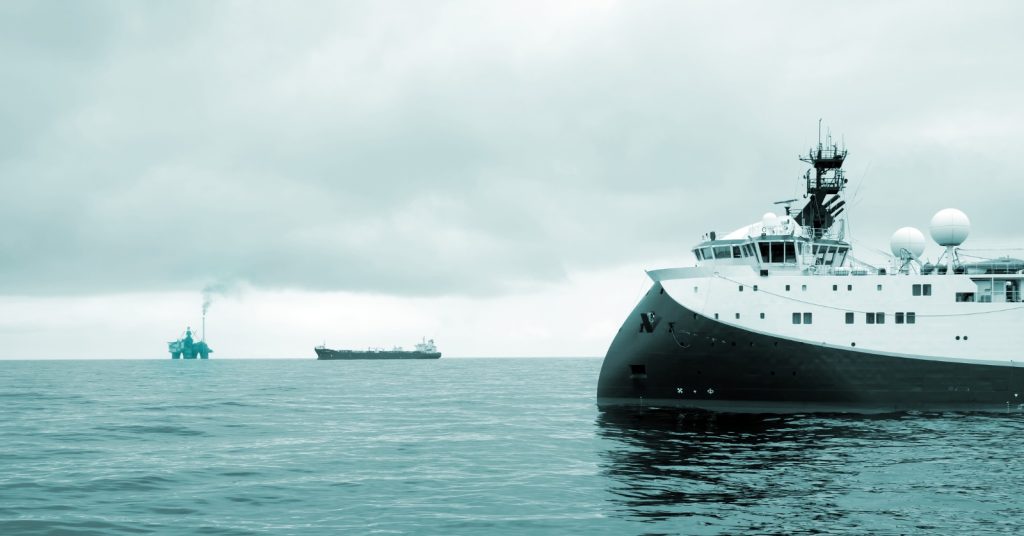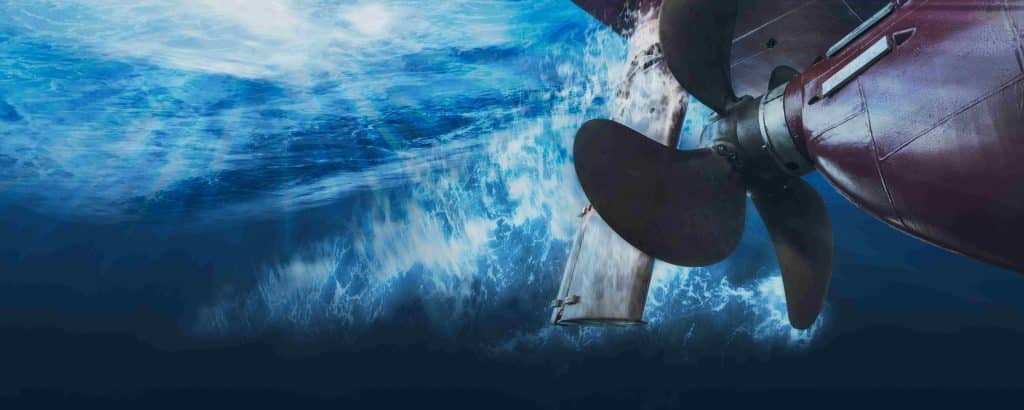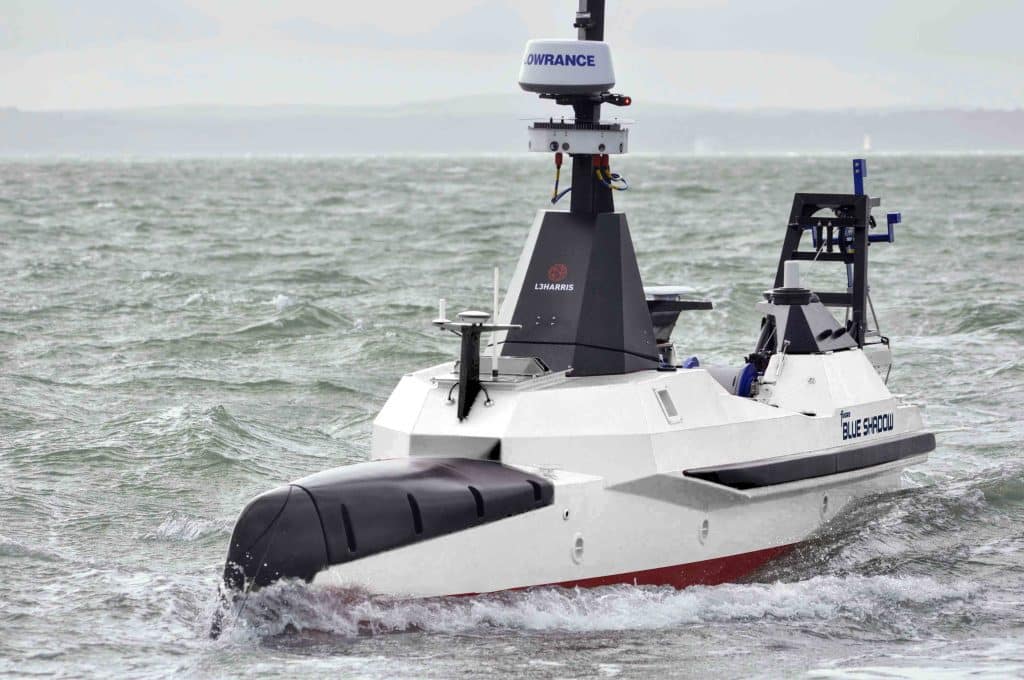Fugro to support Middle East’s expanding needs for ocean data with its high-tech, low-carbon emissions uncrewed vessels.
Following the successful launch of the Middle East’s first fully remote survey vessel in 2022, leading Geo-data specialist Fugro has announced the arrival of its Blue Shadow® class uncrewed surface vessel (USV), in the Middle East. Crafted for precise hydrographic mapping and bathymetry surveys, the Blue Shadow® will play a crucial role in addressing the rising demand for accurate hydrographic data in the Middle East, where infrastructure development, port expansion, and coastal management initiatives are at an all-time high.
Utilising state-of-the-art navigation and surveying technology, the Blue Shadow® efficiently collects vital data such as water depth and seafloor morphology, supporting the development of the blue economy in the Middle East while also aiding in understanding and protecting the delicate marine ecosystem. This advanced technology enables non-disruptive hydrographic surveys near existing offshore structures, resulting in efficient hydrographic surveys, reducing project timelines and providing crucial speed and accuracy in the dynamic maritime environment of the region.

With an ambitious goal to achieve net-zero emissions by 2035, Fugro is taking significant strides in minimising its environmental impact by including more remote operations in its surveys. Data acquisitions through USVs from remote operation centres contribute up to 90% less carbon emissions than traditional vessel operations whilst significantly reducing human exposure to hazardous environments. This initiative highlights Fugro’s dedication to sustainability and its commitment to advancing the science of the oceans, affirming its role as a leader in sustainable maritime operations.
Louis Burnard, Regional Director Marine Site Characterisation Middle East and India, said: “This addition to the region’s fleet marks Fugro’s commitment to leveraging technology for a safe and liveable world. With the Blue Shadow® navigating our waters, we’re not just mapping the seabed, we’re forging a path for safer, more efficient maritime navigation in our region.”





